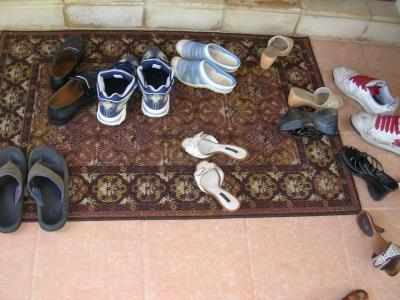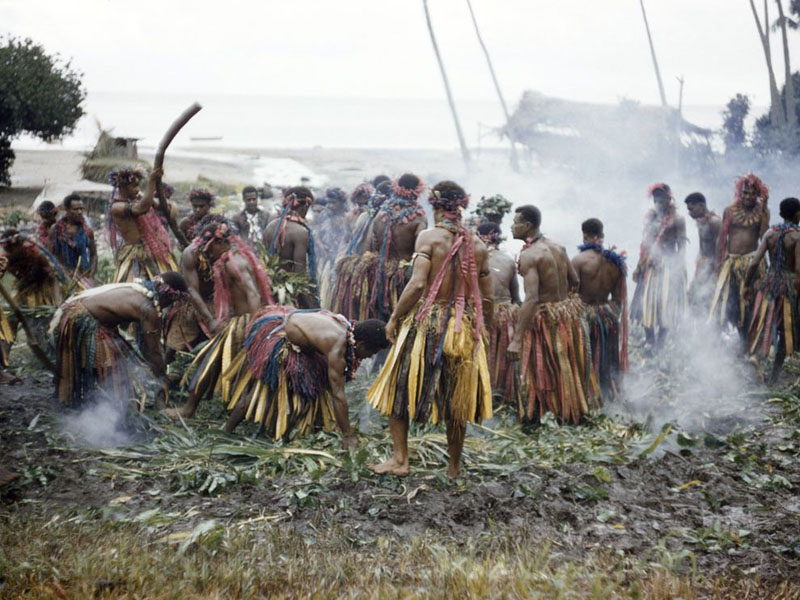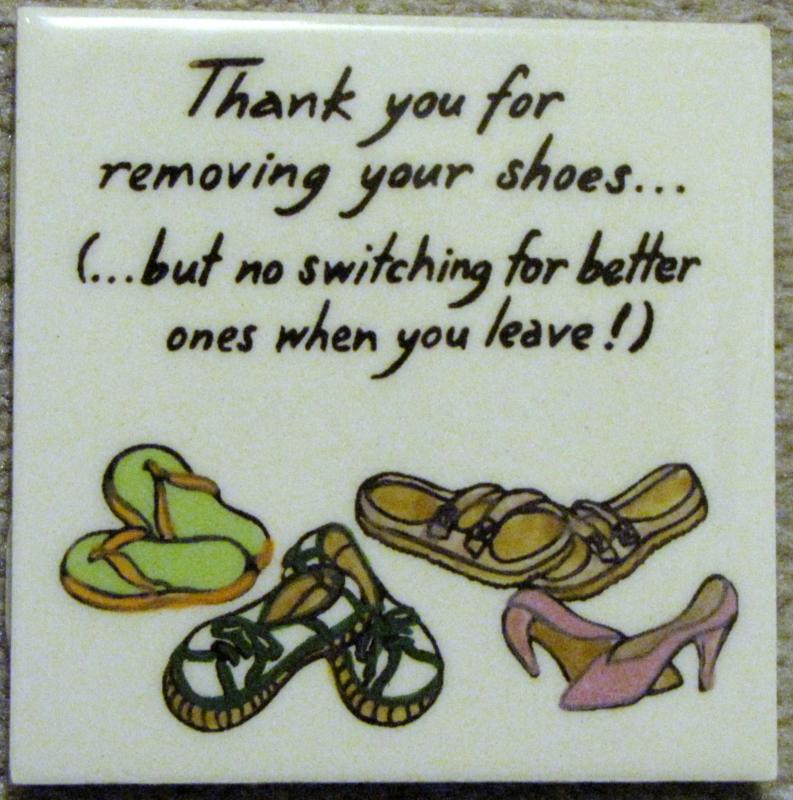Guest Post: Ruth Elayne Kongaika
After the birth of my first child in the United States, my husband and I moved to a third world country. I soon discovered what social medicine is like in a developing nation. When our children got sick, instead of making an appointment with a doctor, our only choice was to head for the hospital. There was only one hospital to serve several thousand people.
Back in 1974, we were lucky to only wait three or so hours for a doctor. There were no comfortable chairs to sit on. There were concrete slab that we could rest on. There were so many coughing, feverish and injured people waiting for help. We worried that if our child was not already seriously ill, she would be after we left the hospital.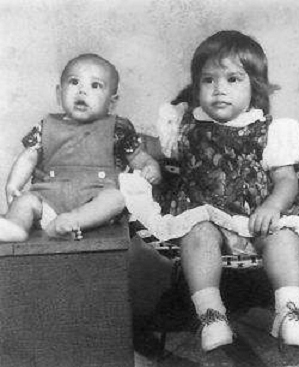
Doctors had been trained in a third world country, usually Fiji. There was no state of the art equipment. Doctors are lower paid than teachers in Tonga. If we required a blood test, the closest laboratory was miles away, and the results would take two weeks or more.
If a prescription was given, we would head for the dispensary located in the hospital. We received medicine that had already expired, having been donated from a charitable organization in the United States or elsewhere.
Less than a year after we moved to the third world country, I had my second child. This was a very humbling experience for me. The hospital was full and I ended up having my baby out in the waiting area. Several people I had never met before gawked at me as I gave birth.
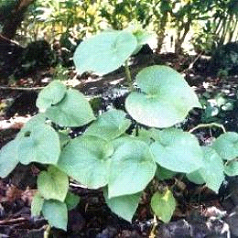 The hospital had neither disposable diapers nor a nursery. My baby had gastroenteritis and cried most of the time, and there was no doctor available to check on him. I went home from the hospital with a 103 degree fever and a sick baby. Family members are expected to take care of the patients at the hospital, and I had none of my own family living there. My husband’s parents were living in New Zealand at the time.
The hospital had neither disposable diapers nor a nursery. My baby had gastroenteritis and cried most of the time, and there was no doctor available to check on him. I went home from the hospital with a 103 degree fever and a sick baby. Family members are expected to take care of the patients at the hospital, and I had none of my own family living there. My husband’s parents were living in New Zealand at the time.
Thankfully, traditional knowledge has been passed down from generation to generation. It is crucial to the survival of the people of Tonga. Many have embraced a Western diet, and experience poor health as a result. Medicine made the "old way" utilize tropical plants, gifts of the sea, leaves from certain bushes and roots. Many families in Tonga treat their children with these natural resources. Most villages also have a “witch doctor” who is known for their success in healing through their own methods.
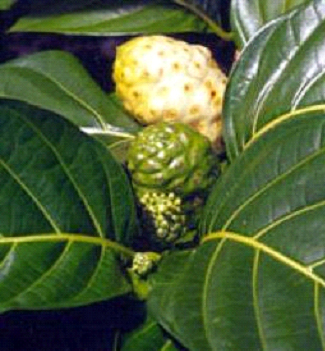 My two young babies got thrush, and were unable to eat anything for several days. They also had fevers, because of the infection in their mouths. I was so worried and took them to the doctors at the hospital. They gave me rinses and other medicine, which I used faithfully, but my babies were not getting better. After several days of this without improvement, the babies were taken to the local village healer.
My two young babies got thrush, and were unable to eat anything for several days. They also had fevers, because of the infection in their mouths. I was so worried and took them to the doctors at the hospital. They gave me rinses and other medicine, which I used faithfully, but my babies were not getting better. After several days of this without improvement, the babies were taken to the local village healer.
The healer mixed several ingredients together including noni, kava and burnt coconut. She ground it up and poured it into the babies mouths. They cried and fussed, but I was so relieved that the gums started to show improvement almost immediately. I gained a healthy respect for Tongan medicine from that experience.
Ruth Elayne Kongaika was raised in the mainland, USA, and has been traveling in the South Pacific for the past forty years. She tries to capture the beauty of the islands through her photography, painting and writing. She has a blog which shares some of her art and favorite subjects at:
email: kongaikr@byuh.edu
